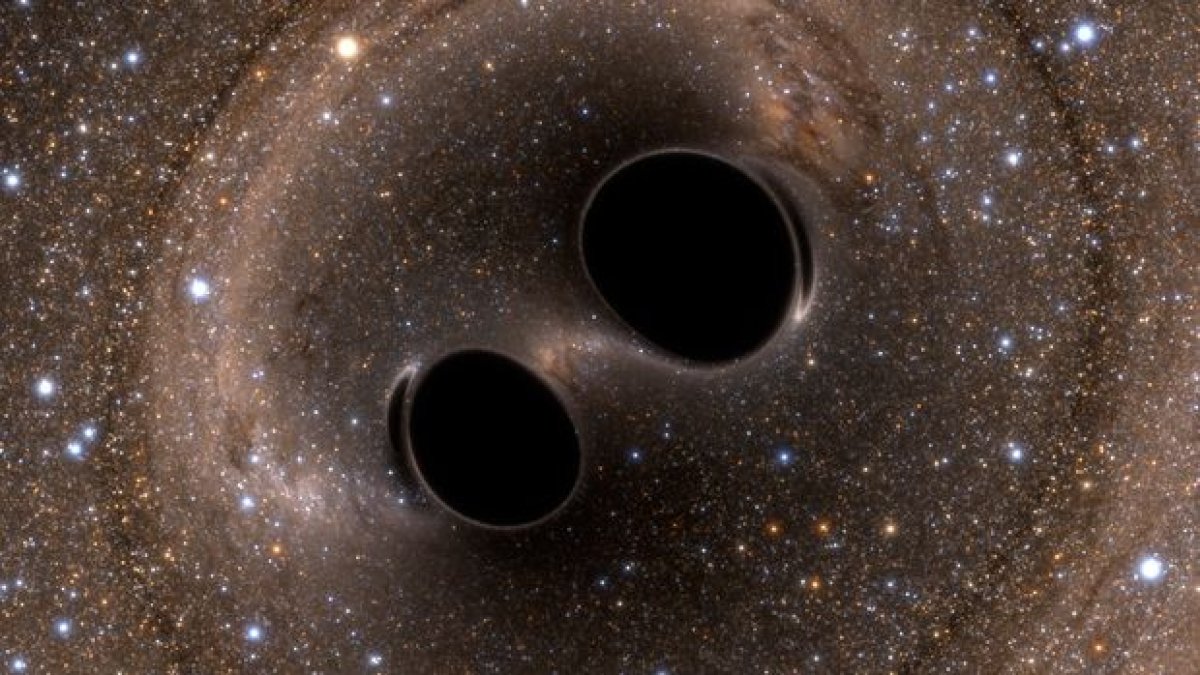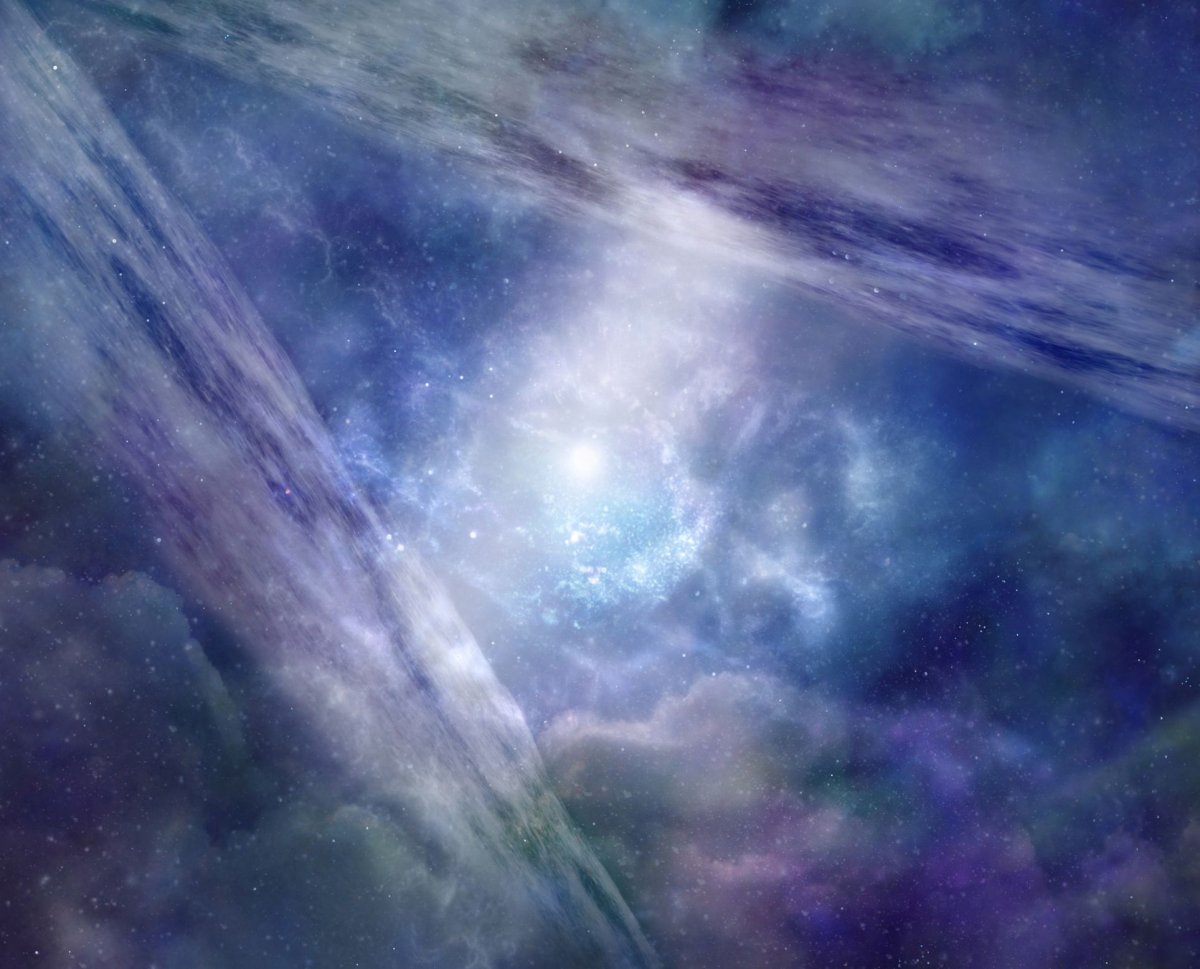In our universe there is a big problem with gravity. It is far weaker than the other fundamental forces and scientists cannot explain why. One proposal is that its energy is leaking into other, unknown dimensions beyond our current understanding of the cosmos. Now, using gravitational waves, scientists have shown that this is probably not the case.
In 2015, scientists announced the first ever detection of gravitational waves—ripples in spacetime first proposed by Einstein over 100 years ago. The discovery opened up a whole new field of research for scientists across the globe, allowing them to carry out experiments that were simply not possible before.
Daniel Holz and colleagues from the University of Chicago were looking for hints of extra dimensions in gravitational waves by measuring how one in particular travelled through space. They then compared this to electromagnetic waves. If there were big differences, it would suggest that gravity operates differently to other forces in the universe—potentially in dimensions beyond the four we know about (three of space and one of time).

In their study, published in the Journal of Cosmology and Astroparticle Physics, researchers found that gravitational waves propagate through space in the same way as electromagnetic waves do, so probably aren't leaking into other dimensions.
Holz told Newsweek: "Some people think that gravity works differently at very large distances. These differences might help account for the dark matter and the dark energy, two of the most mysterious aspects of modern science.
"One way to change gravity would be to add extra dimensions; the gravity would then leak into these dimensions and the effects of gravity would appear to weaken. We used gravitational waves and light to test whether this might be happening, and found that gravity is exactly the strength we would have expected, and therefore that there aren't any extra dimensions."
If there were extra dimensions, the scientists would have found that by the time the gravitational waves passed through our detectors on Earth, they would have been weakened significantly.
"This rules out extra spacetime dimensions on cosmological scales that interact with gravity," Holz said. "So gravity works as expected even way out to distant galaxies; we haven't been able to test this directly before, but now we know."

This does not, however, completely rule out the possibility of other dimensions existing in the universe. String theory suggests there could be lots of "super-tiny dimensions," Holz notes.
"In these theories the dimensions are curled up into little balls much smaller than a proton, and the gravitational waves would have passed right over those extra dimensions without noticing them. So tiny extra dimensions can still exist, but extra dimensions on the scale of galaxies, or the entire universe itself, are now ruled out."
Dorje Brody, a Professor in Mathematics at the U.K.'s University of Surrey, agrees that the findings limit the possibility of additional larger dimensions.
Commenting on the study, he told Newsweek: "This is certainly interesting, however, the results of the paper do not appear to offer any insight into the possible existence of compactified extra dimensions.
"There are several papers, including one of my joint papers, over the past four to five years suggesting that the question of the possible existence of extra dimensions might be tackled at low energies using quantum experiments," said Brody.
"Not a great deal of advances have been made here in the past few years, but this line of research might ultimately be proven to be more fruitful in settling this question, since, there are subtle differences between quantum mechanics in three-plus-one dimensions and quantum mechanics in, say, five-plus-one dimensions."
Uncommon Knowledge
Newsweek is committed to challenging conventional wisdom and finding connections in the search for common ground.
Newsweek is committed to challenging conventional wisdom and finding connections in the search for common ground.
About the writer
Hannah Osborne is Nesweek's Science Editor, based in London, UK. Hannah joined Newsweek in 2017 from IBTimes UK. She is ... Read more
To read how Newsweek uses AI as a newsroom tool, Click here.








